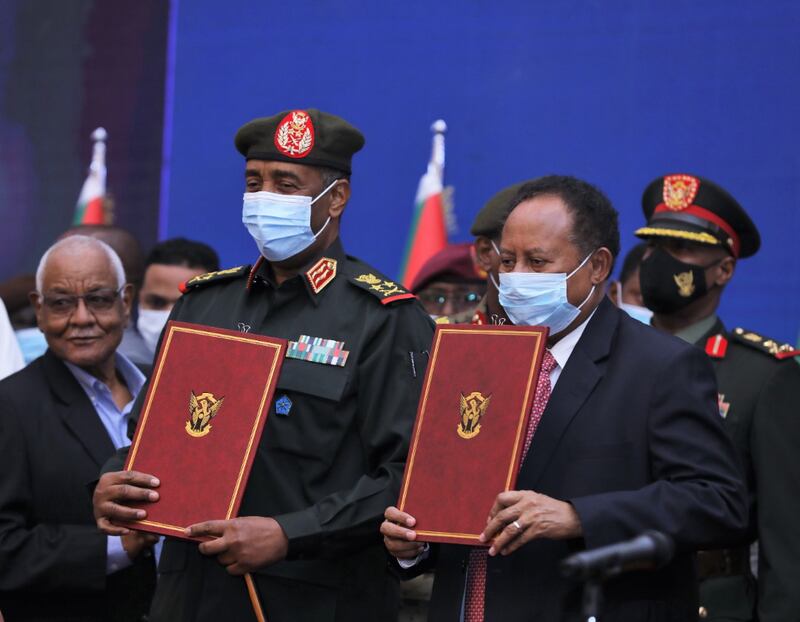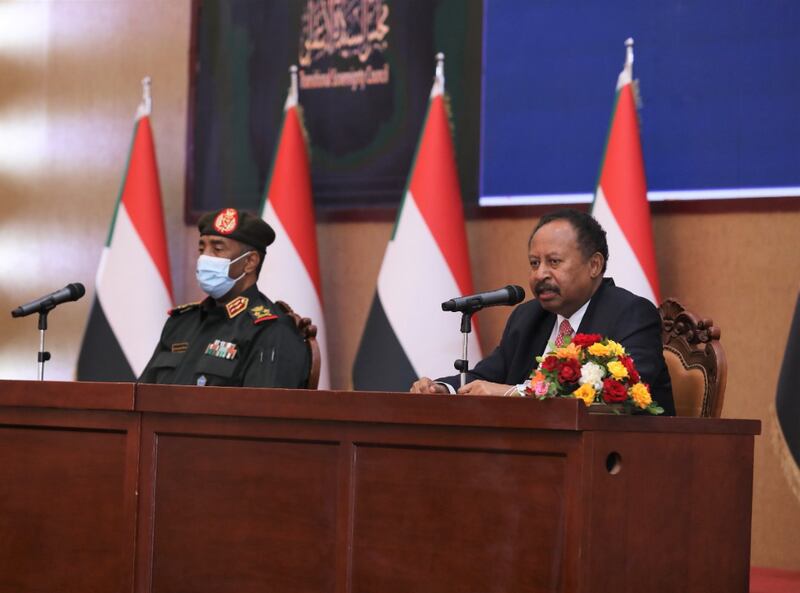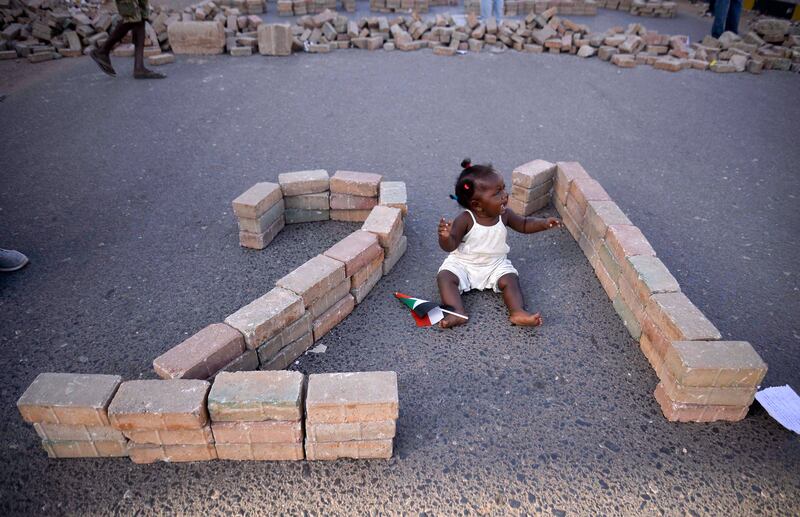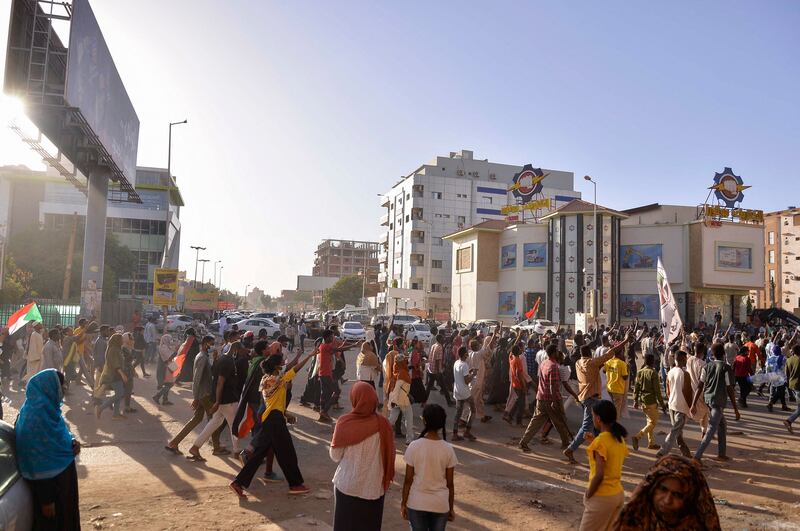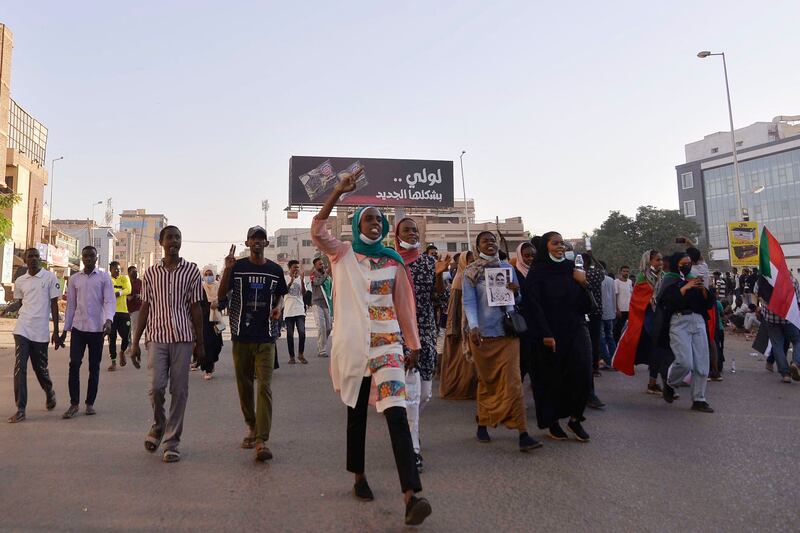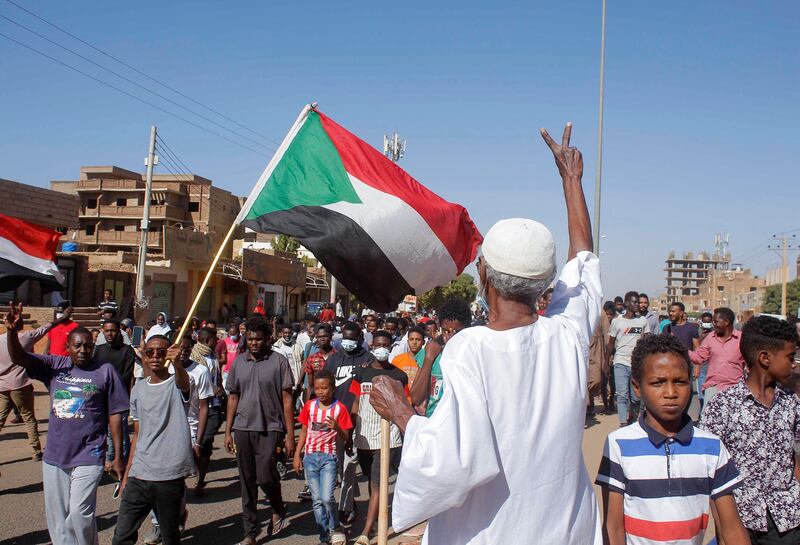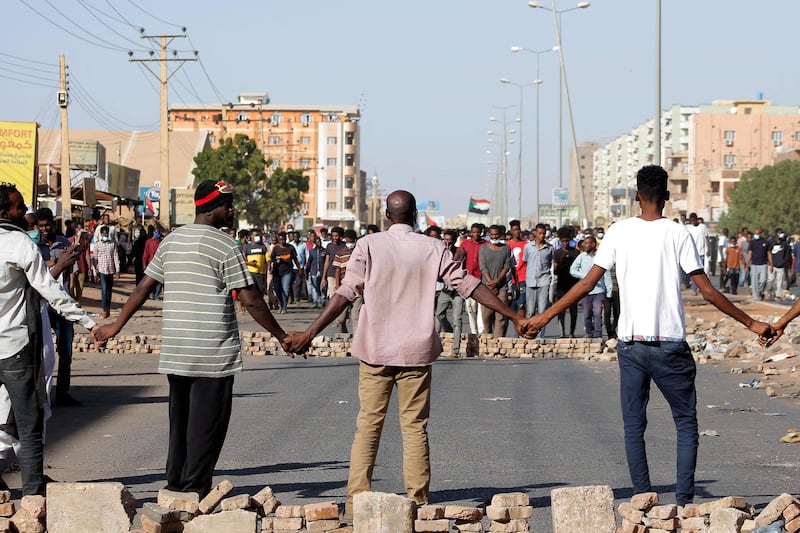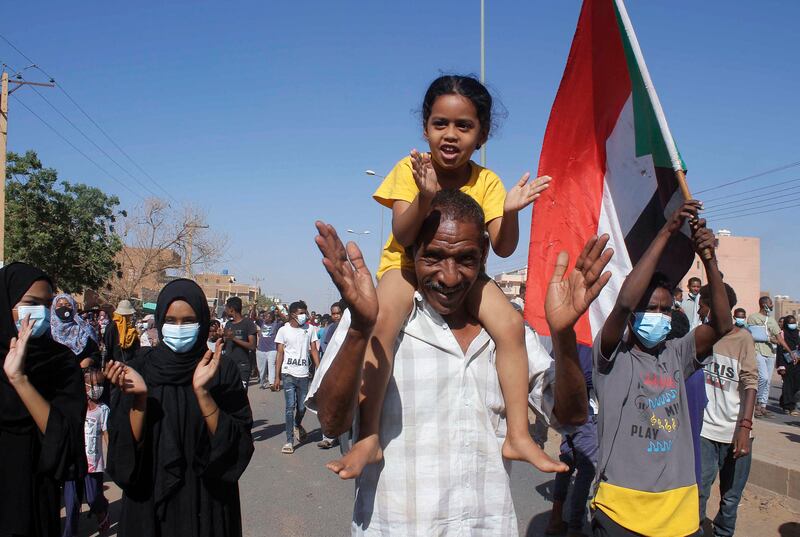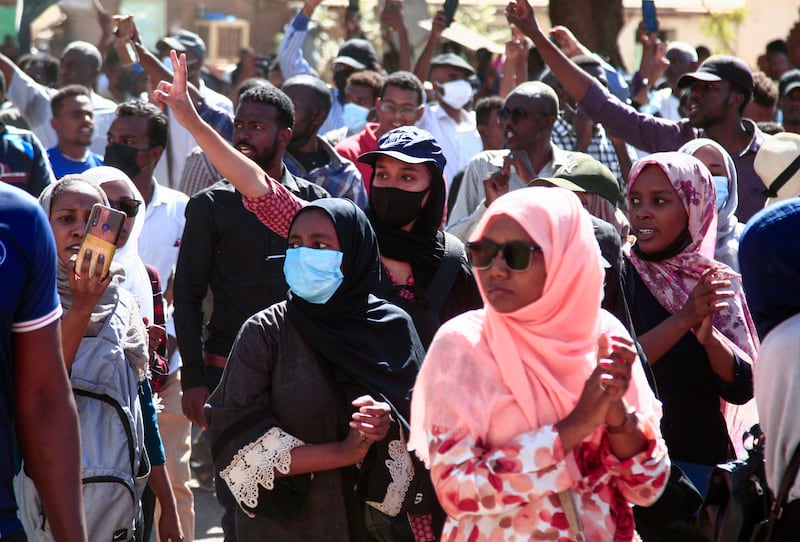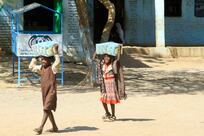The power-sharing agreement to reinstate Sudan’s ousted prime minister Abdalla Hamdok has yet to create common ground among the country’s political parties, with politicians from both sides of the rift divided over the deal.
Supporters of the agreement, unveiled by Gen Abdel Fattah Al Burhan earlier this week, say it is a key step to stabilise Sudan’s fragile transition towards democracy.
But opponents of the deal have dismissed it as political cover for last month’s military takeover.
Gen Al Burhan on Sunday used a televised address to propose what he believed to be a silver bullet to solve Sudan’s political crisis: reinstating Mr Hamdok, releasing political detainees and keeping a hard-won power-sharing agreement struck between the military and civilian politicians in 2019 as the foundation for further talks.
“There was a great sigh of relief,” said Mohammed Badruldin, the director of International Affairs at the Popular Congress Party (PCP), which supports the deal.
Mr Badruldin told The National he believed the agreement would help Sudan escape the cycle of repeated coups in its recent history.
“For many years, we have been living with a high tempo of coups and attempted coups. In some periods, they were happening very quickly – almost as fast as a government is set up, an army general backs a political party to bring it down,” he said.
Mr Badruldin called on all sides to accept the agreement as a way to end a month of “full-blown crisis”.
Mr Hamdok, who will lead a government of technocrats, said he agreed to the deal to prevent casualties from further unrest and focus on enhancing democracy and safeguarding the country's economic recovery.
"Sudanese blood is precious. Let us stop the bloodshed and direct the youth's energy into building and development," he said at the signing ceremony in the presidential palace in Khartoum.
Gen Al Burhan said the deal would be inclusive.
"We do not want to exclude anyone except, as we have agreed, the National Congress Party," he said, referring to ousted president Omar Al Bashir's former ruling party.
But the agreement made no mention of the Forces of Freedom and Change (FFC), the civilian coalition that shared power with the military before the military takeover on October 25.
The FFC, which spearheaded the protest movement that ousted Al Bashir, says it will not recognise any agreement with the military and dismissed this week’s deal as providing political cover for what they perceive as a military takeover.
“This is an insult to the people on the streets – especially after more than 40 protesters have been killed in cold blood in four weeks by the security forces,” said Seddiq Abu Fawwaz, the leader and founder of the Hashd Al Wahdawi party – one of the founding parties of the FFC.
Sudanese protest after military deal with prime minister
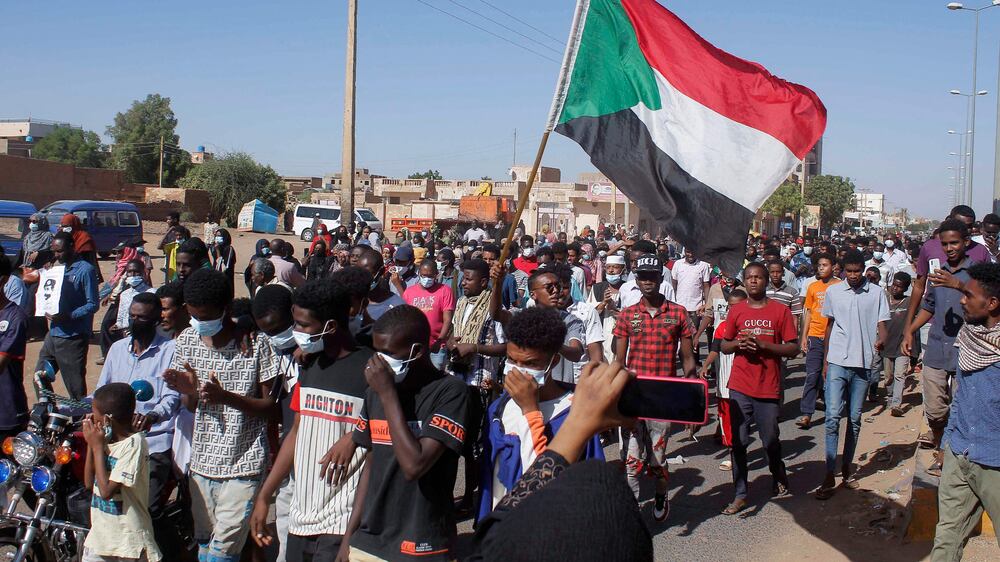
The number of protesters killed in demonstrations since the military takeover last month rose to 41 on Monday, according to the pro-democracy Sudan Doctors Committee.
They say that the latest victim was a boy, 16, who died after being shot in the head while protesting against the new power-sharing deal.
The army and police deny using live ammunition to disperse the protesters.
Police officials have tried to distance themselves from the deaths, saying their forces have used "minimum force" and blamed the protesters for the violence.
In the same manner that it has failed to appease Sudan’s political parties, the return of Mr Hamdok has divided protesters, many of whom continue to call for full civilian rule.
Thousands of demonstrators outside the palace in central Khartoum chanted “no to military power” as Mr Hamdok and Gen Al Burhan shook hands on the power-sharing deal.
Although Sudan's Sovereign Council, which acts as the country's head of state, is made up of nine civilians and five military officers, the protesters remain convinced that the balance of power still favours the military.
However, others have welcomed Mr Hamdok’s return. Sudanese political commentator Diauldin Bilal said he believed Mr Hamdok could emerge in a strong position from the deal but opposition among the protesters could prove costly.
“Prime Minister Hamdok could be the biggest political winner from what happened. His popularity has taken a severe blow after two years of political tensions and painful economic reforms to emerge as a national hero after the coup,” he told The National.
“He is now back on track and is fully supported by the major regional and world powers, as well as the international financial institutions like the World Bank. But he risks a dramatic fall among the protesters. He is in a real dilemma.”
In agreeing to bring back Mr Hamdok, Mr Bilal said the army had responded to “immense pressure locally and internationally”.
“The army leadership wanted to save face by reaching this deal with Mr Hamdok,” he said.
The new power-sharing arrangement was welcomed by the international community, including the UN and African Union, as well as the so-called Troika of Britain, Norway and the US.
Under the new deal, the Cabinet will still be under oversight of a ruling council led by the military.
